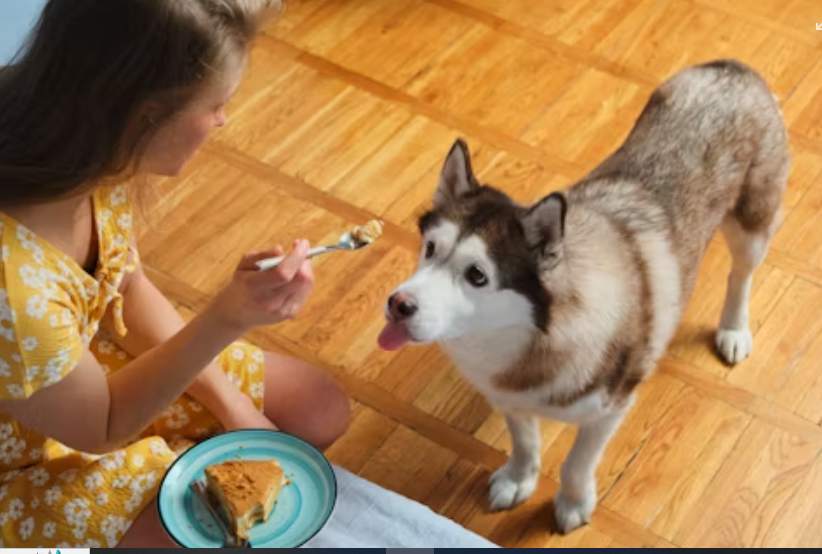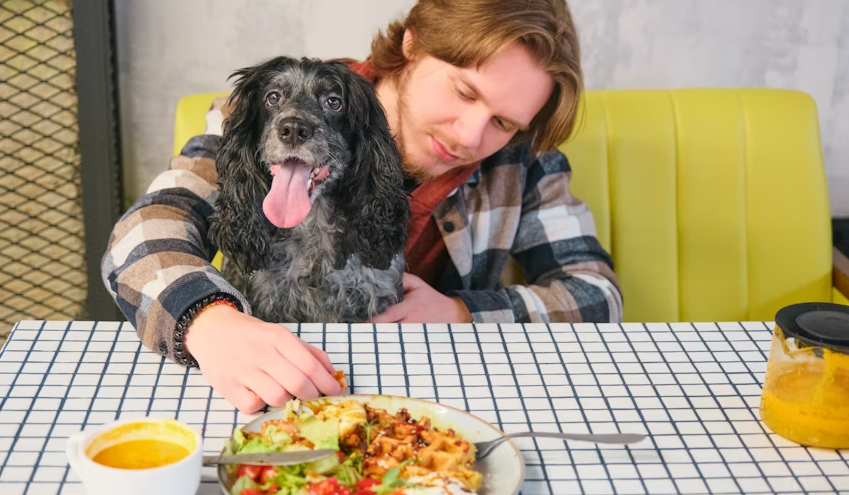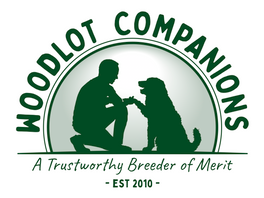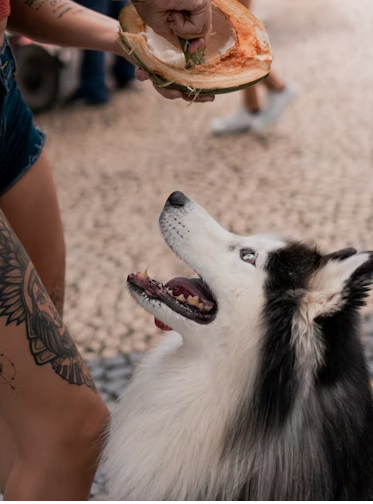Possibly there aren’t many dog owners who don’t treat their pet dogs as one of their family members. Thus, it is quite natural at times, that you would want to share a bite of your meal with them, especially when they are standing right beside you wagging their tails and staring at you in anticipation.
You give a portion of your food to them without realizing it might not be safe for your four-legged friend. For the unversed, although some human foods can be nutritious for them, some others can become a cause of severe health issues. So, here is a guide from the Vet on the types of food you should and shouldn’t feed your pet dog.
Human foods considered safe for dogs
The list of human foods you can give to dogs is quite large. However, it is still a good idea to persist with specific dog foods and offer them the ones you eat in moderation. Here is the list:
- Chicken (Cooked and boneless): Plain, boiled, or grilled chicken can be an ultimate source of protein for dogs. It can be a feasible option if your pet is dealing with an upset stomach. Do remember to get rid of the bones and skin, as cooked bones can become a cause of choking and digestive injuries.
- Carrots: If you thought, dogs are strictly non-veg, then here is a myth-buster. Carrots, both raw and cooked are best for dogs to optimize their dental health. If you didn’t know this, dogs love carrots, and they can also be handy for teething puppies.
- Peanut butter: It is loaded with protein and healthy fats, and can be a great option for dogs. You need to ensure, that the peanut butter is free from xylitol as it is considered highly toxic for them.
- Pumpkin (plain and canned): It can be an excellent option for aiding digestion in dogs. Since pumpkins are rich in fiber it can also play a crucial role in combating diseases like diarrhea and constipation.
- Blueberries: These are rich in antioxidants, vitamins, and fiber, and it is a good option for dogs.
- Rice (white or brown): Rice is one of the most easily digestible foods for dogs. You can combine it with boiled chicken and your dog will not only love it, but they will benefit health-wise too.
- Apple (without seeds): Yet another food that is loaded with fiber and Vitamin C. Dogs will love crunching it.

Human foods that you should never offer to dogs
Most dog owners who are aware of the above list, get the impression all human foods given in moderation would do wonders for the dog’s health. Therefore, they adorably feed dogs with dishes that are healthy for humans. The reality can be shocking. A number of food items that are healthy for humans can be toxic or potentially life-threatening for dogs. Here is the list for your convenience
- Chocolate: Chocolates are considered as one of the main toxins for dogs. Especially, watch out for puppies who are desperate for a slice of chocolate. It contains a compound called theobromine and it isn’t metabolized by the dog’s digestive system. Even offering dogs small amounts can lead them to develop seizures, vomiting, and even death.
- Grapes and raisins: Humans enjoy eating these fruits, but they can cause unprecedented kidney failure in dogs. The exact reason is still being identified, so always avoid these fruits for them.
- Onion and garlic: Considered most beneficial for humans, a compound present in onion and garlic known as thiosulfate can cause irreparable damage to the red blood cells of dogs. It applies to both cooked and raw versions of these vegetables.
- Avocado: The otherwise healthy fruit for humans contains persin, a substance that can cause excessive vomiting and diarrhea in dogs.
- Alcohol: It doesn’t need to be told, something that is not “such a good practice” will not blend with the dogs either. Still, there have been incidences, where dog owners for reasons best known to them give their pet dogs a dose. Again, this can prove to be life-threatening for them.
- Caffeine: Be it in any form, tea, coffee, or energy drinks, it is strictly advisable not to offer them to your pet dogs. It can cause restlessness, increase their heart rate, cause tremors, and even seizures.
- Human foods that are not absolute red flags but should be given caution
- Here are some foods that are acceptable for dogs if they are given in small amounts. Still, Vets advise dog owners to remain cautious and consult their respective vets if feeding these would be safe, and they are as follows:
- Cheese: Indeed, most dogs love cheese, and the majority of dog owners consider it the best treat during training sessions. However, some dogs are lactose intolerant, which can make them fall sick.
- Bread: Often, bread becomes a staple diet for dogs. White or wheat bread is considered safe but one should give it to them in moderation.
- Eggs: Rich in protein and biotin, eggs can be very healthy for dogs and humans alike. But never commit the mistake of serving them raw eggs. The raw version contains the bacteria salmonella and it can cause health problems to them.
- Fish: It is a tricky option, as many Vets would suggest cooked, boneless fish like salmon are rich in Omega-3 fatty acids, but there are many variants that contain parasites too.
Common feeding mistakes to avoid
Now, here comes the most important aspect. Even if a particular food is considered safe for the dogs, how you feed them can make a world of difference. Check out these mistakes that most dog owners make leading the dog to develop health problems:
- You should have a clear understanding on the feeding frequency. Overfeeding dogs can make them obese and deficient in nutrition.
- Feeding them in large chunks can increase the risk of choking, especially for small breeds.
- Dogs might be allergic to some foods, even if they are safe for them. Prior consultation with the Vet is essential to determine it, or else it can lead to itching, diarrhea, and vomiting. Also, as mentioned before, one should get the dogs checked for allergies to various foods.

The Vet’s priceless advice
Undoubtedly, sharing a meal with your furry friend can be fun. Furthermore, it increases the bonding too. Still, you must understand, that the digestive system of dogs is vastly different from humans. Thus, what is considered good for us isn’t necessarily good for them. If necessary, you have to be strict and overlook the heart-melting stare of your dog, when you are grabbing a bite of your favorite chocolate or enjoying your cup of coffee, as you already learned these can be potentially hazardous for your loved companion.
Whenever you are unsure, it is advisable to stick to the basics and get in touch with a Vet for personalized dietary recommendations. When you are well informed, you can safely treat your pup or dog to delicious treats without risking its health.



